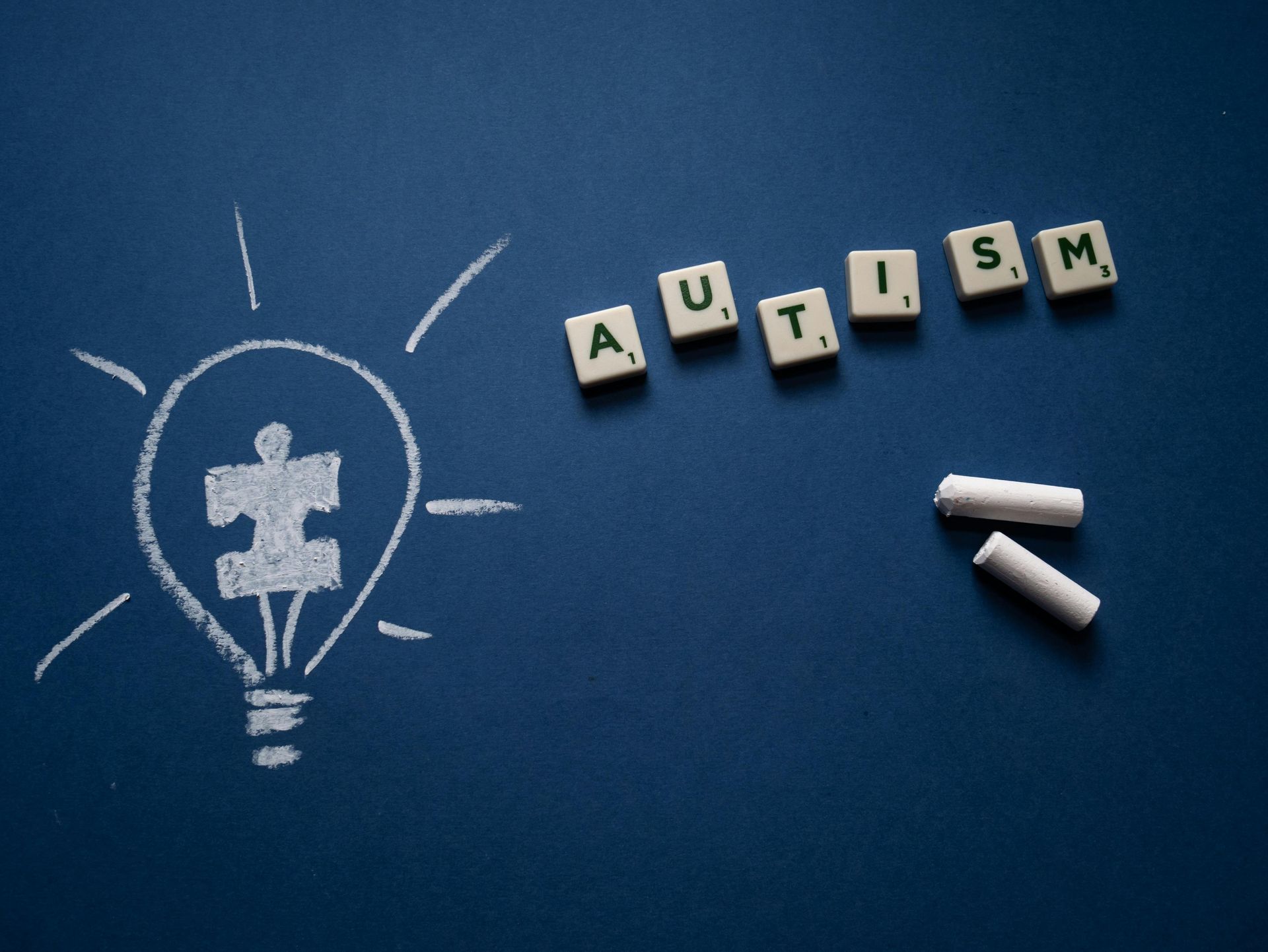The DSM-5 and ICD-11 manual defines ADHD as a persistent pattern of inattention and/or hyperactivity-impulsivity that interferes with academic, occupational or social functioning.
ADHD is a neurodevelopmental disorder which is usually first diagnosed in childhood or adolescence, however some people may not experience difficulties until later in life. Some adults have been able to compensate for their symptoms and not experience difficulties until their later teenage years or adulthood as the demands of life become greater with increasing responsibilities.
The impact of ADHD can affect many aspects of an individual’s life, ADHD can interfere with social, occupational and academic functioning. Adults with unmanaged ADHD may experience difficulties in the workplace with difficulty following instructions, time management difficulties, procrastination and becoming easily frustrated. ADHD may impact your social life with difficulty maintaining relationships, poor financial management, becoming easily bored, risk taking behaviours and being accident prone.
Inattention
Consequences of inattention in adults are more noticeable in their work or with daily activities of living. This may manifest itself in difficulty with maintaining attention can lead to daydreaming, distractibility and difficulty in sustaining effort on a single task for an appropriate period of time. You may struggle to give close attention to detail and make careless mistakes, and this may result from not following instructions due to mind wandering. Adults may often lose belongings, experience memory lapses and have difficulty organising tasks.

Hyperactivity & Impulsivity
Adults experience hyperactivity as a feeling of general restlessness and feeling as if they are being driven by a motor. This can be seen in difficulty sitting still, fidgeting, talking excessively and becoming easily bored. Adults appear to be constantly on the go and may struggle to control their emotions in frustrating situations.
Impulsiveness may manifest itself as excessive spending, eating in excess, risky behaviours, interrupting conversations, and making inappropriate comments. Impulsiveness may be best understood as the difficulty in doing the right thing when it is the difficult thing to do.





